No, Americans don’t need to present a united front on foreign policy
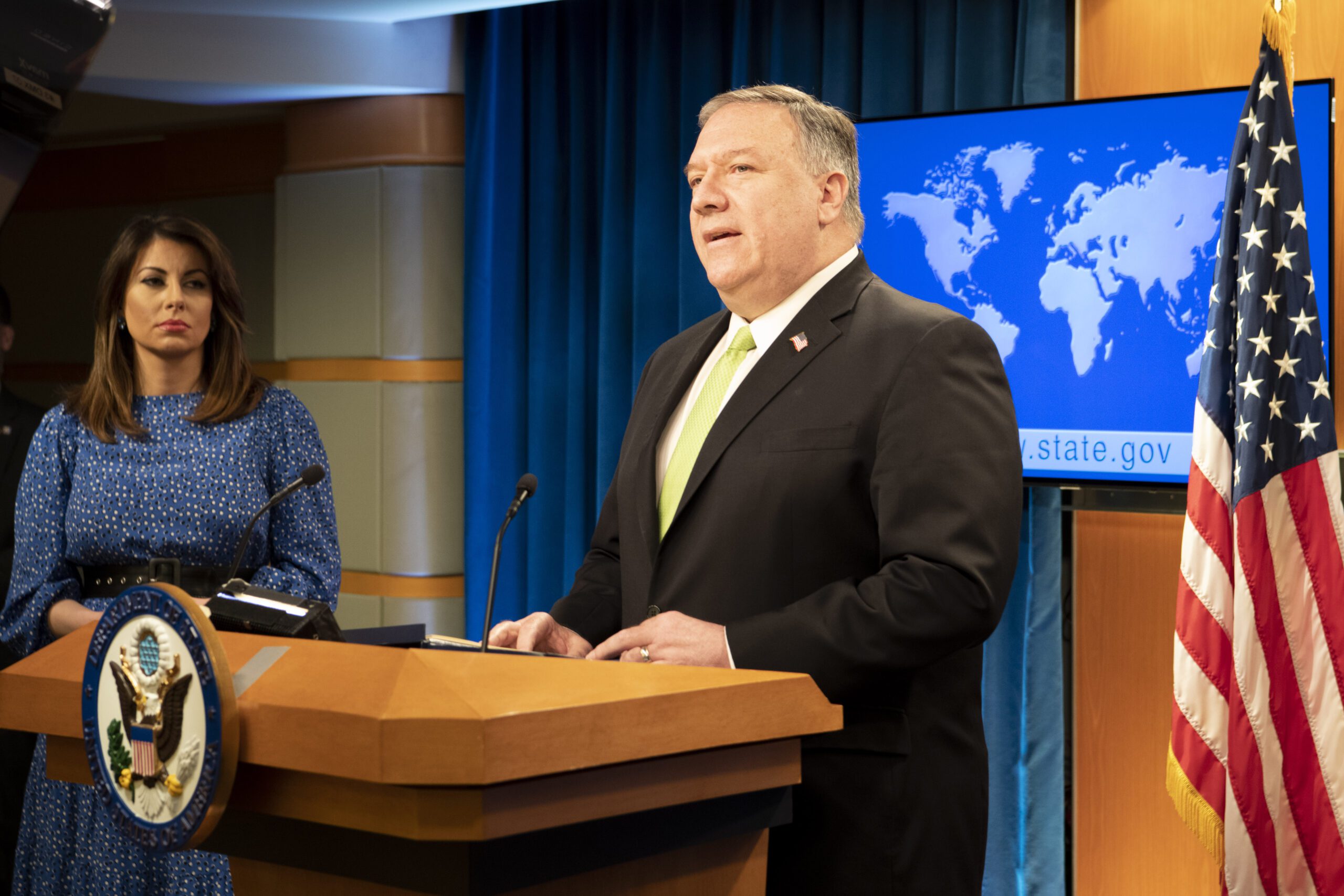
There’s no reason for political disputes to end ‘at the water’s edge.’
By Mark Hannah, Senior Fellow
This article appeared in The Washington Post on February 25, 2020
Secretary of State Mike Pompeo is unhappy. Sen. Chris Murphy (D-Conn.) met with Iran’s foreign minister just as Pompeo prepared to meet with the Saudis to discuss confronting Iran. Pompeo fumed, “This is the foreign minister of a country … who is the largest world sponsor of terror. … I hope they were reinforcing America’s foreign policy and not their own.” Murphy promptly shot back on Twitter about congressional power: “We set foreign policy too.”
Spats like this increasingly shake up America’s bipartisan foreign policy consensus. In 2015, when Republican senators sent a letter to Iran’s supreme leader in a naked attempt to undermine the Obama administration’s nuclear negotiations, a former Clinton administration official tweeted that Republicans are “blazing new trails in politicization of foreign policy.” Last summer, the Democratic-led House passed a bill to check President Trump’s belligerence with Iran. House Minority Leader Kevin McCarthy (R-Calif.) accused Democrats of playing politics, scolding, “America’s national security is not a game.”
Many leading commentators sound a similar alarm. Richard Haass, president of the Council on Foreign Relations, opined that a “polarized US will be less able to act” in the world. In a survey of foreign policy experts by the Chicago Council on Global Affairs, political polarization was more likely to be named a “critical threat” to U.S. national security than Iran, North Korea, China or Russia. The notion that Americans should be unified on foreign affairs questions is, somehow, still sacrosanct.
But bipartisanship is no indicator of the wisdom of a particular policy. And plenty of terrible foreign policy decisions have escaped scrutiny in its slavish pursuit.
…
Read more of Mark’s article in The Washington Post

Written by Mark Hannah
Mark is a senior fellow with the Independent America project at the Institute for Global Affairs and host of IGA’s podcast, None Of The Above.
Read more from Mark
This post is part of Independent America, a research program led out by Jonathan Guyer, which seeks to explore how US foreign policy could better be tailored to new global realities and to the preferences of American voters.



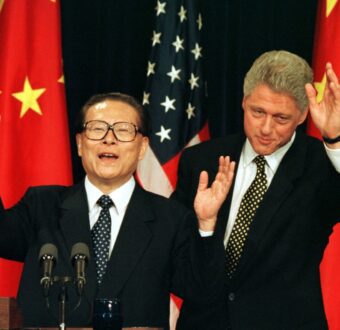
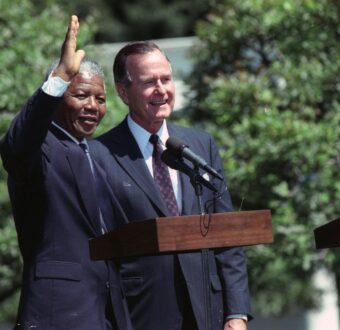
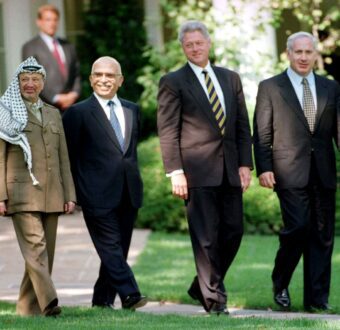
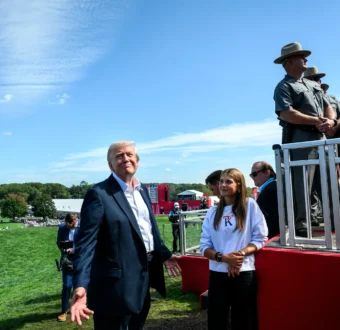
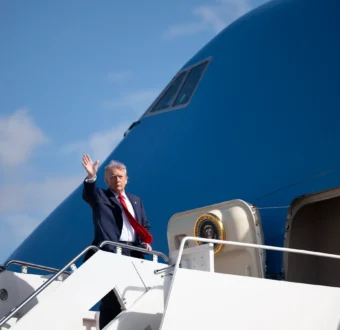




The UN Doesn’t Get Credit for the Lives It Saves